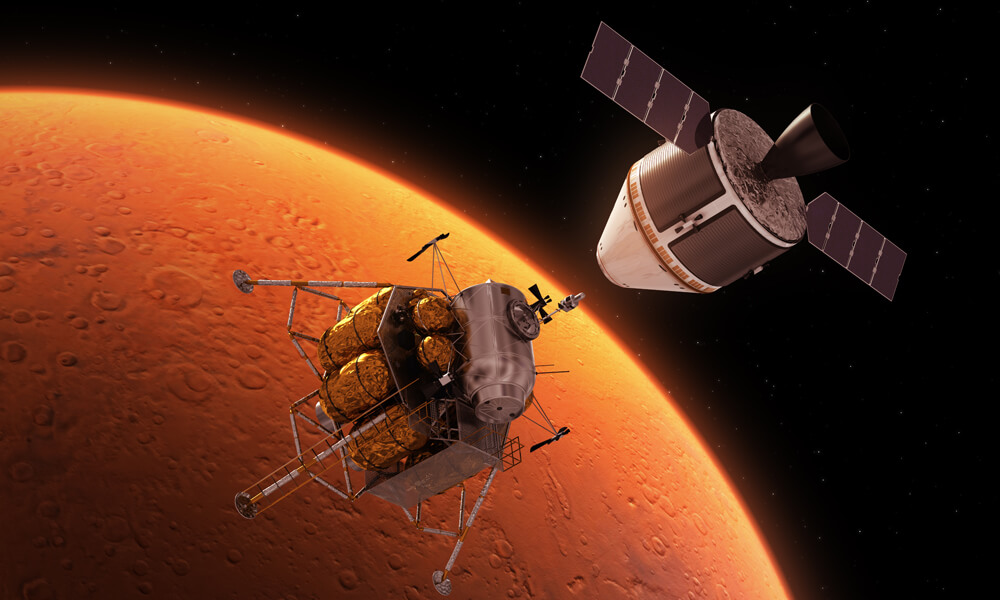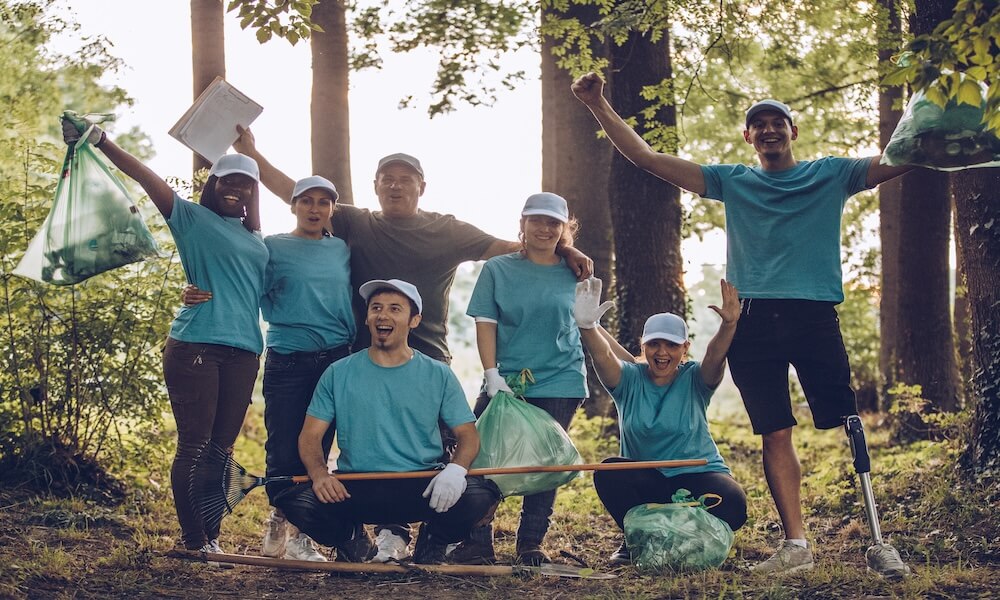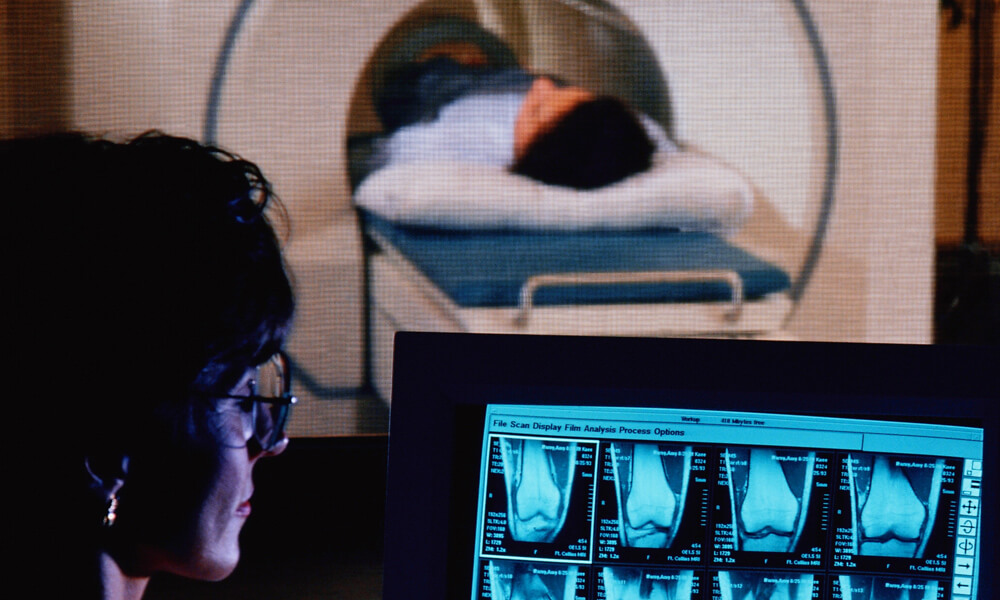Source: The Wall Street Journal Economics
(YouTube)
Twenty-five years ago, Lego was losing $300-million annually and nearly went bankrupt. Plagued by a history of rigid, inflexible control, Lego refused to do partnerships, tried to stop fan creators, had a toy line consumers felt was stale and out-of-date, and was facing unprecedented competition for the attention of their users due to more modern toys—like home video game systems.
It wouldn’t stay that way.
Watch this video to learn how Lego finally learned to listen to its fans, signed its first partnerships, won over adults, innovated its products, and expanded its empire into TV, movies, video games, comic books, theme parks, and more—allowing it to rapidly become the biggest-selling, most profitable toy company on the entire planet.












